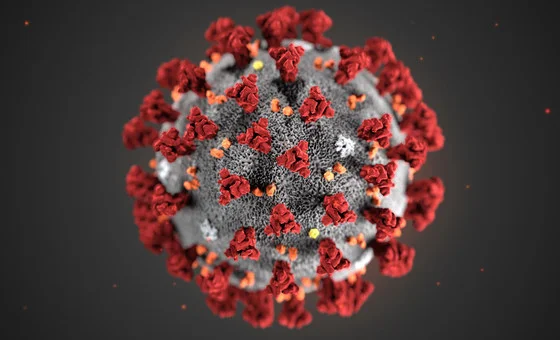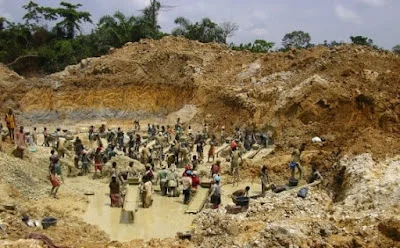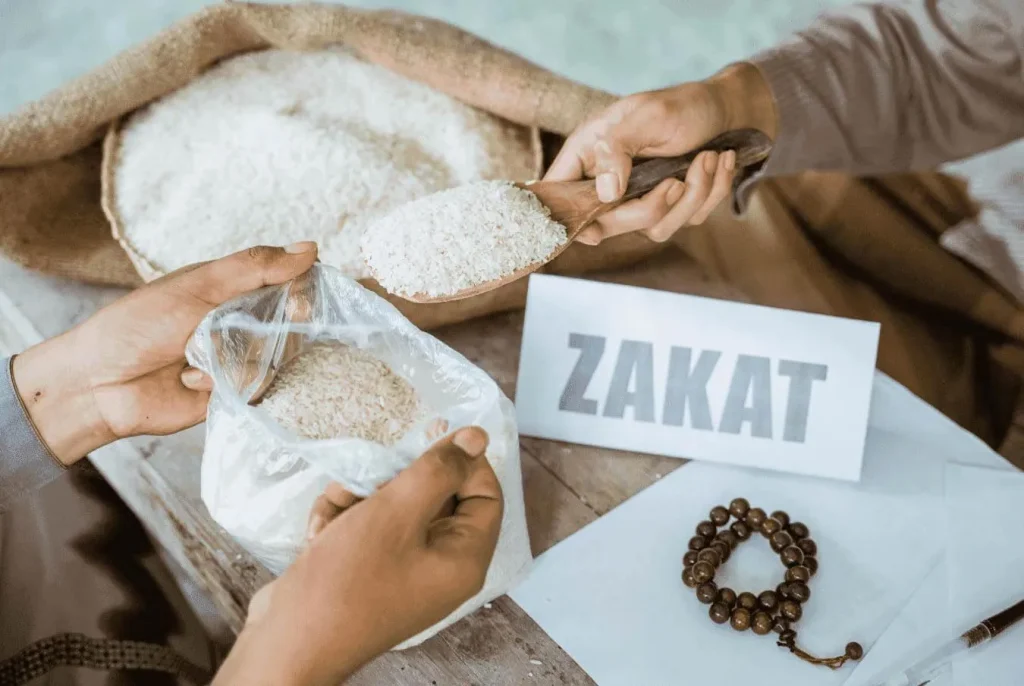The Covid-19 pandemic is set to reshape justice systems worldwide, with profound implications for crime, governance, and the rule of law, according to Shamila Batohi, South Africa’s National Director of Public Prosecutions.
In a statement issued June 22, 2020, Batohi highlighted the urgent need for prosecution services to adapt to the crisis, particularly in developing nations like South Africa, where economic and social challenges are intensifying.
Economic and Social Fallout
The United Nations Secretary-General, António Guterres, has warned of a global recession “perhaps of record dimensions.”
In South Africa, already grappling with weak economic growth, GDP is projected to contract by 6% in 2020, with recovery expected to take years.
Batohi noted that rising unemployment, poverty, and inequality will likely drive an increase in poverty-related crimes, requiring prosecutors to adopt compassionate approaches, such as diversion programs over custodial sentences, to avoid burdening minor offenders with criminal records.
Disruptions to Justice Systems
The pandemic has disrupted court operations, with postponed trials becoming common due to quarantines and self-isolation among court staff, witnesses, and legal professionals.
Batohi emphasized that crowded prisons, acting as vectors for Covid-19 spread, necessitate limiting pre-trial detention to exceptional cases to uphold the presumption of innocence and protect public health.
Risks to Governance and Corruption
Batohi raised concerns about the misuse of emergency powers, noting that policies enacted hastily could become “blunt and repressive instruments of state coercion.”
The UN Human Rights Office has flagged excessive force by security forces enforcing lockdowns in some countries, which erodes public trust, especially among the poor and marginalized.
She warned that vast economic stimulus funds create opportunities for fraud and corruption in state tenders, welfare distribution, and health infrastructure projects.
“Those abusing their authority or power must be prosecuted without fear or favor,” she stated, advocating for asset forfeiture to recover stolen funds.
Rising Crime and Vulnerable Populations
Organized crime is exploiting the crisis, with increased activity in cybercrime, human trafficking, and public health sector corruption.
Batohi also noted a rise in crimes against vulnerable groups, including domestic violence, child and elder abuse, and online sexual exploitation.
She urged prosecution services to allocate additional resources to address these cases with care and compassion for victims.
Prosecutors’ Role in Upholding the Rule of Law
Batohi called on prosecutors to act as guardians of the rule of law, ensuring that no one is above the law.
She advocated for cautious prosecution of Covid-19 regulation violations to avoid arbitrary or discriminatory enforcement and stressed the need to pursue serious corruption cases involving state officials rigorously.
In regions with weak governance, prosecutors must remain vigilant against law enforcement collusion with criminal groups during lockdown enforcement.
A Call for Independence and Accountability
As South Africa and the world navigate the pandemic’s fallout, Batohi underscored the importance of prosecution services maintaining independence while remaining accountable.
“In the era of Covid-19, it is vital that prosecution services are – and are seen to be – upholders and defenders of the law,” she said, emphasizing fearless prosecution of the powerful to maintain public trust.






